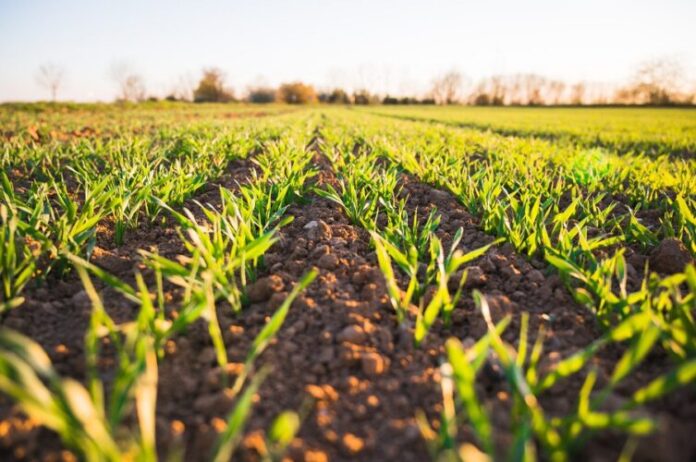Scientists at the Carnegie Institution for Science and ETH Zurich have demonstrated how nitrogen fertilizer might be generated more sustainably, therefore lowering a nation’s reliance on imported natural gas, Mining.com reports, citing a scientific journal.
In a research study that appeared in the journal Environmental Research Letters, the findings suggest that intensive agriculture is only viable if the soil is treated with nitrogen, phosphorus, and potassium.
Nitrogen fertilizer, on the other hand, must be painstakingly made from hydrogen and airborne nitrogen, whereas phosphorus and potassium may be mined as salts. In order to produce hydrogen, a lot of natural gas or coal is now needed, like in China.
In addition to having a proportionally big carbon impact, nitrogen fertilizer production has historically been subject to price fluctuations in the markets for fossil fuels.
The Haber-Bosch method has fed mankind for more than a century by generating nitrogen fertilizers synthetically from ammonia (NH3).
But the way NH3 is now produced uses a lot of energy and produces a lot of carbon. As a result, agricultural output will be dependent on fossil fuels and emissions levels that are incompatible with achieving climate targets will be reached by mankind.
“We find that 1.07 billion people are fed from food produced from imported nitrogen fertilizers,” the study says.
For a total of 1.78 billion people every year, imports of fertilizers or natural gas are utilized to produce fertilizers, which feeds an additional 710 million people.
These findings underscore the dependence of the world’s food production on trade and fossil fuels, making it susceptible to supply and energy shocks.
However, there are other approaches that rely on carbon capture and storage, electrification, and biomass to produce net-zero emissions in the generation of NH3.
These methods minimize the hazards related to food security while meeting climate objectives. However, they increase the usage of scarce natural resources and the need for more land, energy, and water than production as normal.
Although trade-offs with regard to water, land, and energy need to be taken into account, moving toward net-zero emissions for fertilizers can help achieve climate and food security goals.
Meanwhile, EuroChem Group AG’s subsidiary in Lithuania, Lifosa is set to restart operations after the temporary suspension, according to Klaipeda.
The company should start its reduced production by next week, according to Lifosa representatives.



